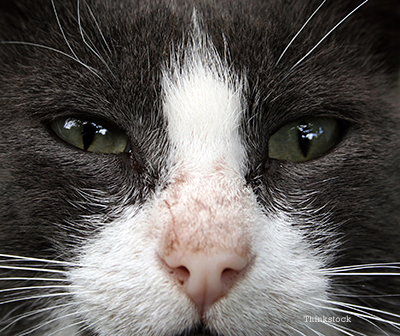What does the diaphragm do?
The term diaphragm is from the ancient Greek diaphragma meaning “to partition or divide,” which is in part what the diaphragm does. The diaphragm is an internal skeletal muscle membrane that separates the abdomen from the thorax or chest containing the heart and lungs. The diaphragm plays a very major role in breathing in that as it contracts it enlarges the chest cavity and creates a vacuum that draws air into the lungs.
What can go wrong with the diaphragm?
Under certain conditions the diaphragm may be compromised when the fibers of the muscle separate or tear loose from the body wall. The most common cause of this loss of integrity of the diaphragm is blunt force trauma to the abdominal wall.
When this happens, the partition is lost. Depending on the location and severity of the resulting defect in the diaphragm, abdominal organs may be drawn or slide into the chest cavity or the pericardium. The result is a reduction in the relative vacuum that assists in breathing. This means breathing becomes more dependent on the movement of the chest and muscles; ultimately it results in greater effort to move air into the lungs.
What would cause the diaphragm to rupture?
The most common cause of rupture of the diaphragm and herniation of abdominal organs (most commonly a lobe of the liver, a portion of the gastrointestinal tract or intra abdominal fat tissue) is blunt force trauma to the abdomen. Congenital hernias also may be present or the cat may be predisposed because of tissue weakness at birth. In some cases the herniated tissue passes into the pericardium (a pericardial-diaphragmatic hernia.)
Cats are somewhat more pliable and flexible than dogs and in my experience are more prone to pericardial diaphragmatic hernias. All cats that have been hit by a car should have radiographs taken of the chest and abdomen to check for hernias as well as fluid in the chest as a result of bleeding.
Can my cat recover from a diaphragmatic hernia?
Although this is a very serious injury, following a successful reduction and repair the prognosis is very good and once recovered, affected cats will go on to lead an otherwise uneventful life.
As with most cases of trauma, diaphragmatic hernias are largely avoidable in cats. Keeping cats indoors or at least confined to a screened area will help you avoid a lot of heartache. Click here for more great reasons to keep your cat indoors.
If you have any questions or concerns, you should always visit or call your veterinarian -- they are your best resource to ensure the health and well-being of your pets.
